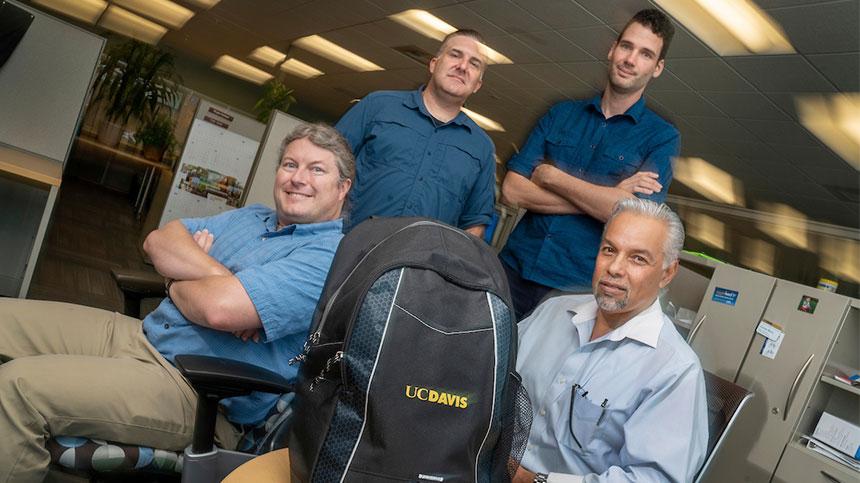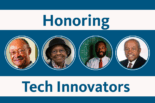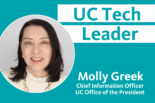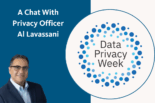A team from Information and Educational Technology is behind a very human project that launched in June to help Syrian refugees in Lebanon reclaim their right to education.
Web developers did the custom programming for the Article 26 Backpack, a cloud-based platform to help refugees document and share their educational credentials.
Keith David Watenpaugh, a professor in the College of Letters and Science and director of the Backpack project, has traveled to Lebanon several times in the past few months to help hundreds of refugees set up virtual “backpacks.”
“A lot of what we do is important, but this was another level of helping our fellow human,” said Shawn DeArmond, supervisor of the IET web development group. “This is a way to do some real good.”
The technology is not a backpack, except in the digital sense. It’s a web app. “It’s a secure way for refugees to digitize and store their information, and then share it with admissions officers, potential employers, or anyone they want,” DeArmond said.
Individuals use the app by signing in with whatever device they have. Usually it’s a smartphone. The UC Davis domain adds credibility by attaching the reputation of the university, to the service.
The technology is based on the web, stores data securely in the cloud and employs the same Drupal web platform used by countless UC Davis websites. It adds custom features in areas of security, access, and the ability to share individual items within the backpacks.
Many people in IET worked on the project. DeArmond, as web architect, teamed with developers Carson Black, Anthony Horn, Mark Miller and Jeroen Post. The five employees have 82 years of web development experience among them. Project manager Ernie Comer tracked details and kept the work on schedule, and IET Professional Services Manager Quico Gonzalez kept the department’s leaders informed.
To maintain Article 26 Backpack, the programmers will need to do their usual behind-the-scenes maintenance, such as keeping Drupal current and applying software updates. These are backstage contributions. The programmers might never see the people they’re helping. But they know the value of the work.
“It’s not often, as a programmer, that we get a chance to make an impact beyond a surface level,” Black said. “This one makes an impact on people we’ll never meet, but you know you’re changing someone’s life for the better. You can go home at the end of the day and feel very proud of it.”
This article originally appeared on the UC Davis news page, June 12, 2018 and is re-posted with permission in the UC IT Blog.







